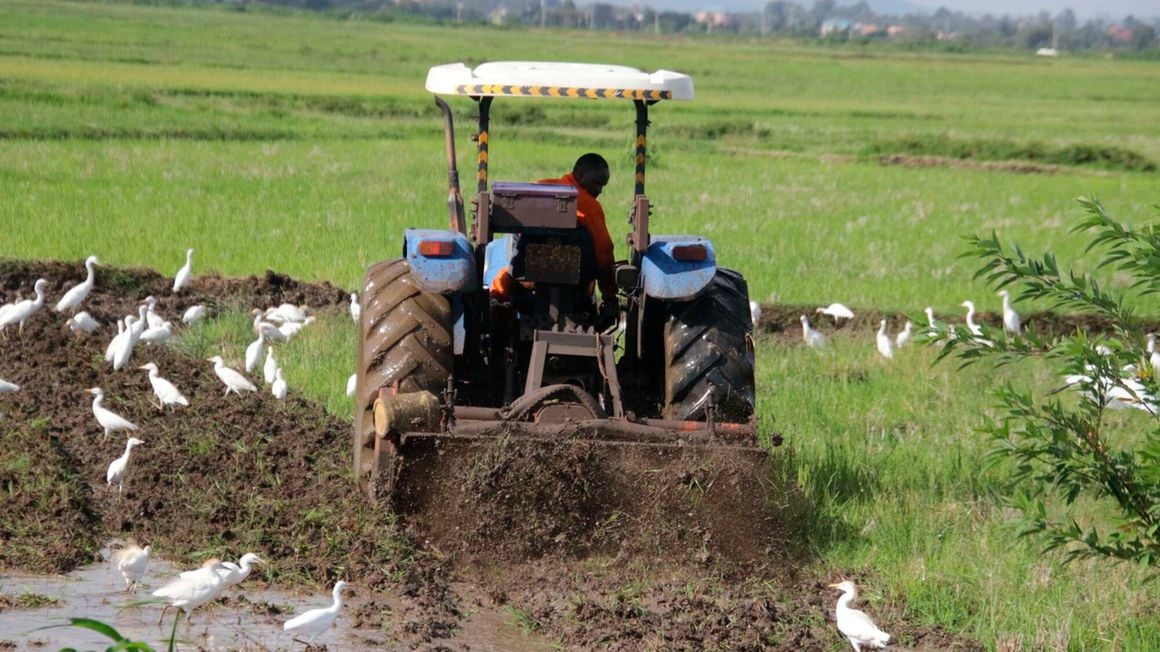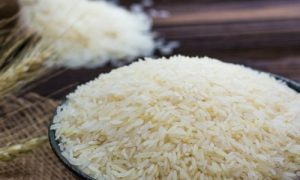Kenya’s looming food crisis calls for urgent agricultural reform

The escalating cost of food in Kenya has been on an upward trajectory over recent years, with indications the trend will continue in the foreseeable future.
According to the Kenya National Bureau of Statistics (KNBS), Kenya has experienced a consistent population growth rate of approximately 2.0 percent per annum. However, the production of Kenya’s primary staple crops, including maize, wheat, and rice, has exhibited either stagnant or dwindling trends.
As per FAOSTAT 2022, the authoritative data unit of the Food and Agriculture Organisation, Kenya has witnessed a notable decline in maize production by 25 percent over the past five years, whereas wheat production has demonstrated a relatively stable trend.
The estimated annual maize production for the country in 2018 stood at 44.6 million bags, which considerably dwindled to 34.3 million bags by 2022. During the same period, maize imports surged from 88.6 million bags in 2018 to 146.0 million bags in 2022.
The cultivation of rice has demonstrated modest advancements. However, the progress has been sluggish and insufficient to match the pace of population growth. Nevertheless, supplementary staple crops such as beans, potatoes, millet, and sorghum have experienced a decline in production during the same period.
Consequently, Kenya has increasingly relied on imports to bridge the food deficit. This heightened dependency on foreign markets bears a substantial financial burden. In a span of merely five years, the expenditure on importing these essential crops has nearly doubled, exerting significant strain on the country’s economy.
To effectively address this urgent matter, Kenya must embark on a comprehensive agricultural reform. It is imperative to allocate adequate resources and implement strategic measures aimed at modernising agricultural systems, empowering farmers, and diversifying the nation’s food consumption patterns.
These reforms should extend beyond the provision of agricultural input subsidies and encompass all dimensions of the agricultural sector. Failing to undertake such holistic measures would not only jeopardise food security but also render Kenya vulnerable to the potential impacts of both local and international shocks. By embracing comprehensive agricultural reforms, Kenya can fortify its resilience and ensure a more sustainable and secure food future.















